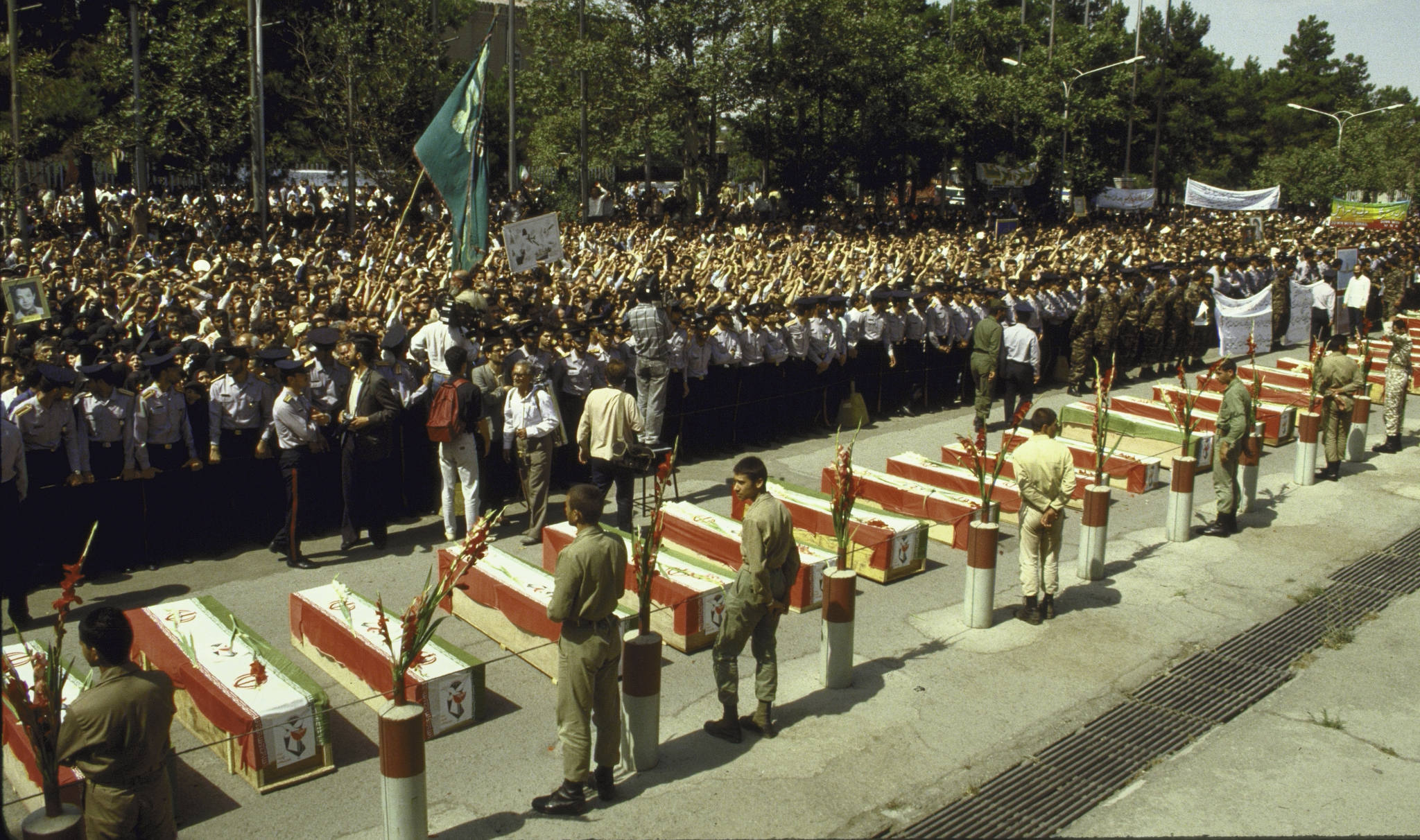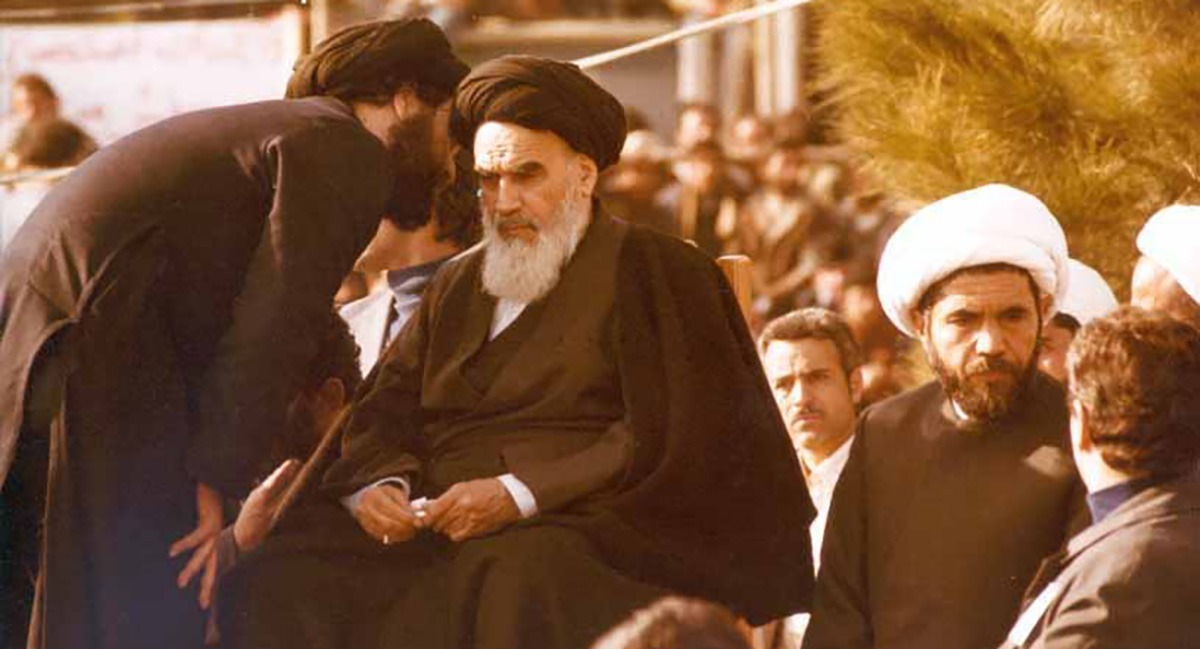The attack occurred during the Iran-Iraq war, which had begun in 1980 with Saddam Hussein’s invasion of Iran. The US government backed Saddam, and sent warships to the Persian Gulf to support the Iraqi war effort.
One of those warships was the USS Vincennes which, on 3 July 1988, fired two missiles at Iran Air Flight 655 while it was making a routine trip to Dubai.
Washington claimed the US Navy had acted in self-defence, but this wasn’t true. The plane had not, as the Pentagon claimed, moved “outside the prescribed commercial air route”, nor had it been “descending” towards USS Vincennes at “high speed”.
The US thus shot down a civilian airliner, and haphazardly tried to cover it up. Some 66 children were among the 290 civilians killed.
‘America could count on no other government to behave like that’
On 2 March 2000, UK foreign secretary Robin Cook met with US General Colin Powell, who had served as Ronald Reagan’s National Security Adviser between 1987 and 1989.
Powell “spoke frankly” throughout the discussion, leading Cook to request that the US General’s “confidence… be strictly protected”.
In particular, Powell recalled that, after the US shot down Flight 655, Thatcher’s private secretary for foreign affairs Charles Powell “had rung immediately from Downing Street to ask what the Americans wanted the British Government to say”.
Charles Powell “had rung immediately from Downing Street to ask what the Americans wanted the British Government to say”.
The British government thus offered immediate support to the US, despite it having killed hundreds of civilians, most of whom were Iranian citizens.
To this end, Colin Powell remarked how “America could count on no other government to behave like that”.
Powell would go on to become President George W. Bush’s Secretary of State, in which role he deceptively pushed for the invasion of Iraq in 2003.
Staunchest defender
In the weeks following the attack, Thatcher stood out as Reagan’s staunchest defender. “You cannot put navies into the gulf to defend shipping from [Iranian] attack without giving them the right to defend themselves”, she declared.
In private correspondence with Reagan, Thatcher even speculated on the positive implications of the attack, writing that: “The accident seems at least to have helped bring home to the Iranian leadership the urgent need for an end to the Gulf conflict”.
As journalist Solomon Hughes wrote in the Morning Star, the British Foreign Office also developed a “line to take” which was consistent with Thatcher’s public support of the US.
For instance, the Foreign Office emphasised that “the USS Vincennes issued warnings to an approaching unidentified aircraft but received no response”, and stressed that the US was responding to “an Iranian attack”.
“The Foreign Office knew it was isolated in its support for the US.”
The Foreign Office knew it was isolated in its support for the US. An internal memo written in July 1988 noted that “only the UK included a reference to the [US] right to self defence, thereby attracting criticism from Iran and other countries”.
Eight years later, in 1996, the US government paid Iran $131.8 million in compensation for the attack, and President Bill Clinton expressed “deep regret” over what had happened.
However, the US government has never formally apologised for the attack, and the captain of USS Vincennes was awarded the Legion of Merit for “exceptionally meritorious conduct in the performance of outstanding service”.
Some believe Iran paid terrorist groups to bring down an American airliner in retaliation. Five months after the crash, Pan Am flight 103 exploded over Lockerbie in Scotland, killing 270 people.



